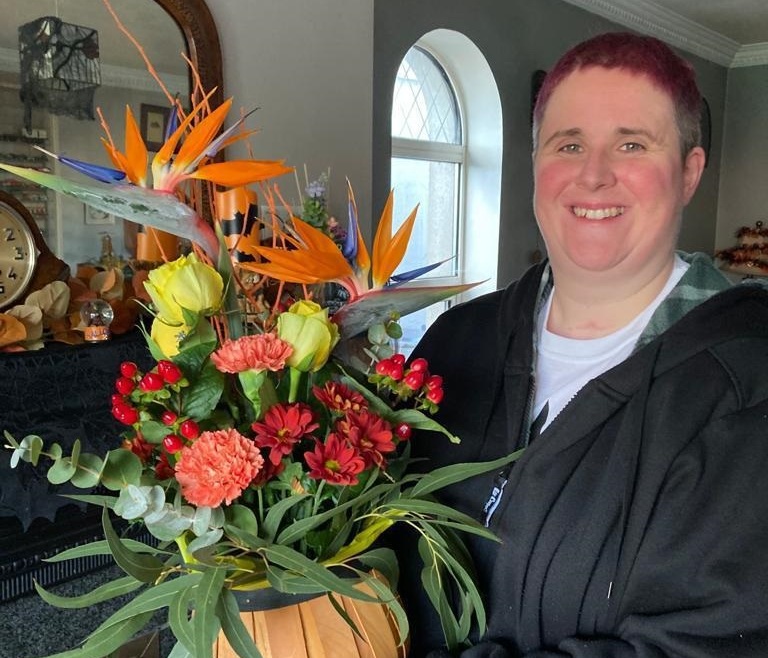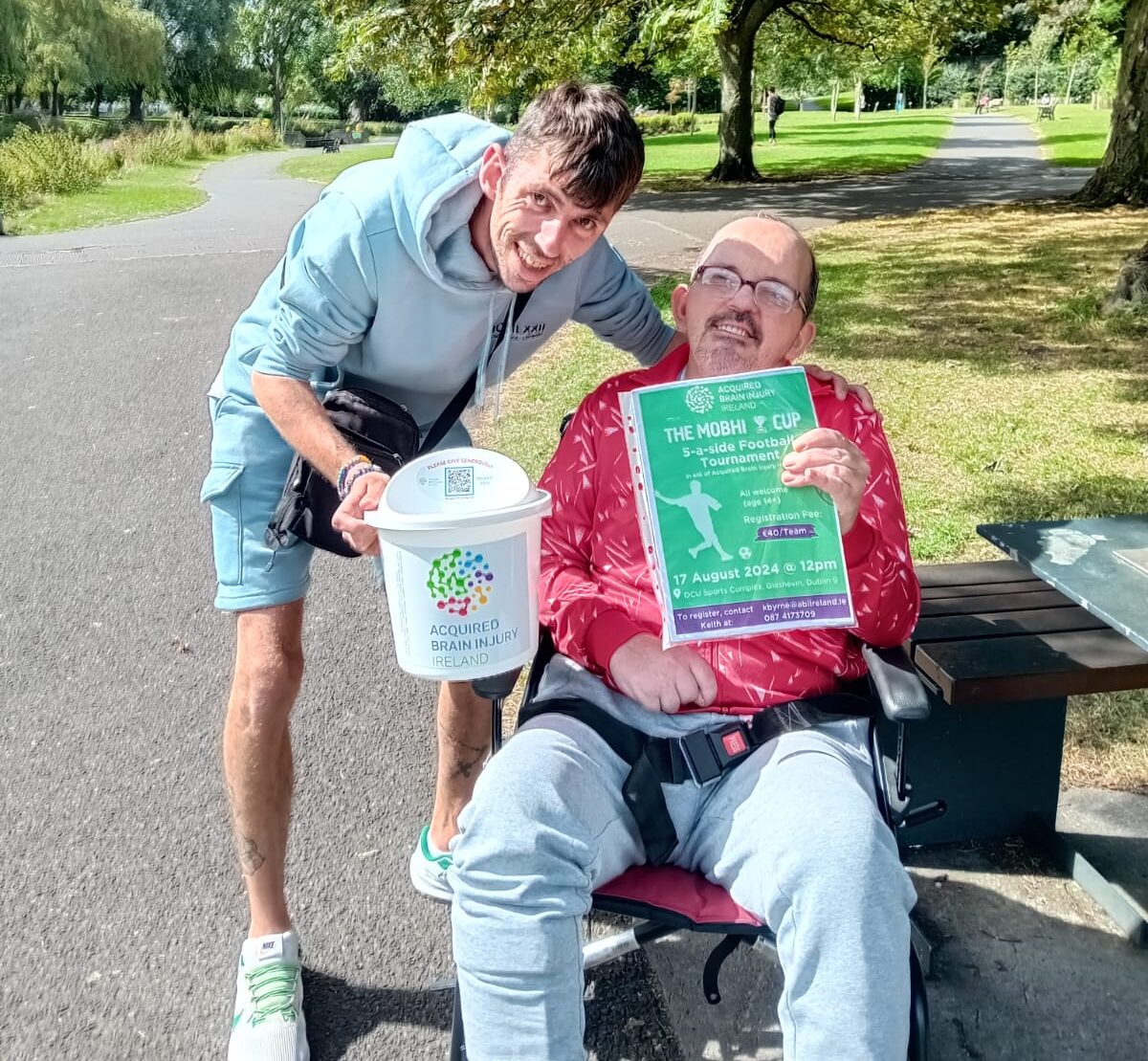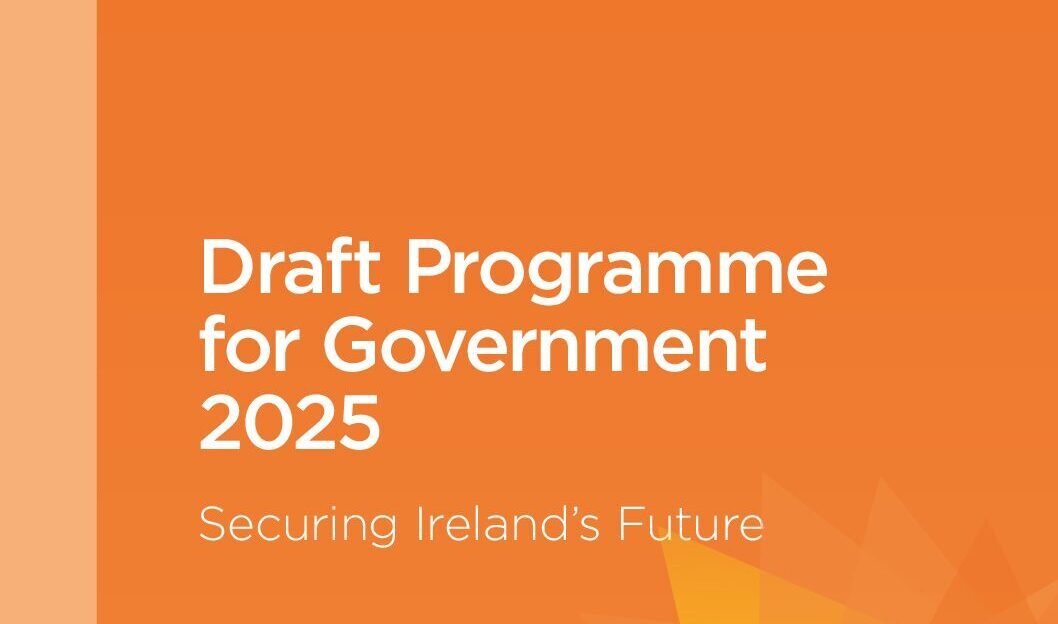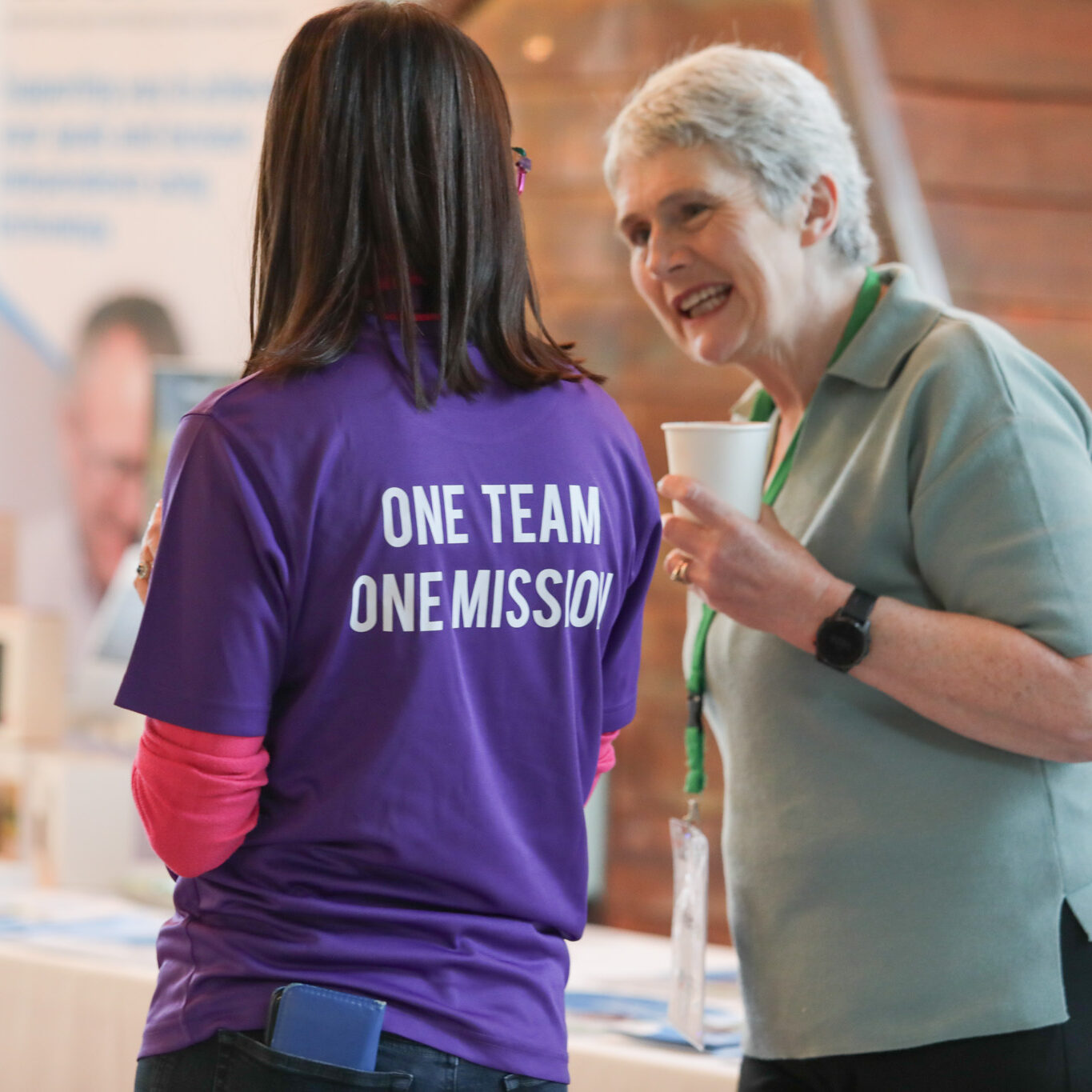For too many people in Ireland, surviving a brain injury isn’t where the fight ends – it’s where it begins. Ahead of the election on November 29th, we are calling on candidates to uphold the human rights of brain injury survivors and give them the chance to live the lives they fought so hard for.
Countdown to Election 2024
As we near polling day for General Election 2024, survivors of brain injury raise their voices and call on candidates to ‘fight for their lives’.
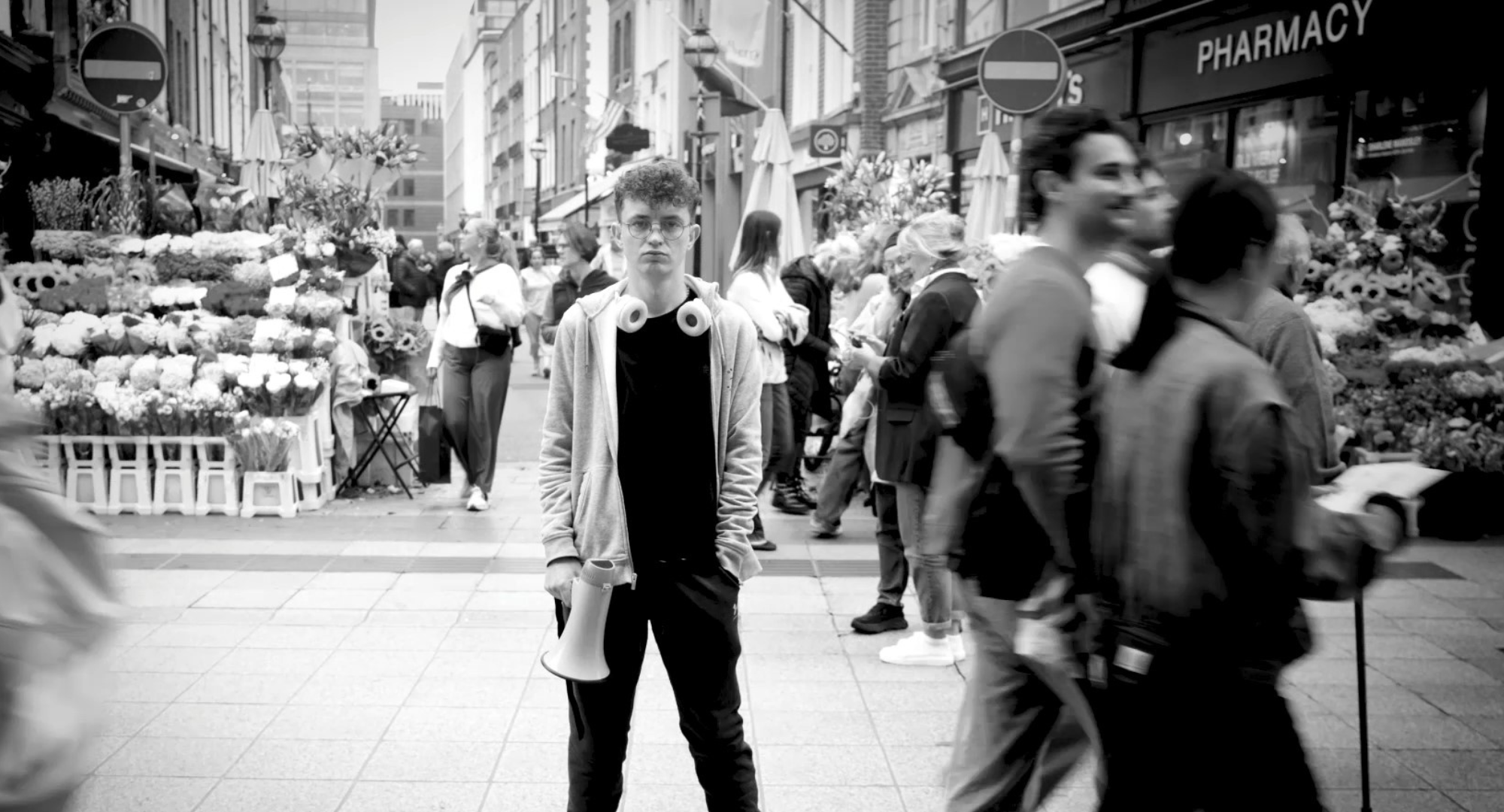
52 people in this country suffer a brain injury every day. In an instant their lives, and the lives of their families are changed forever
— Karen Foley, CEO Acquired Brain Injury Ireland
“Anyone who has survived that trauma should be able to get the support they need to rebuild their lives, no matter where they live”, said Acquired Brain Injury Ireland Chief Executive, Karen Foley.
“But years of underinvestment in community rehabilitation services and a failure to fully implement national policy have left thousands of survivors and families feeling lost and abandoned on their rehabilitation journey.
The result is that survivors are often discharged from acute hospital to home, without the necessary supports, information or signposting to the services they need. Worse, they could be placed inappropriately in a nursing home for older people because there is simply no other option.
With the right support at the right time, survivors of brain injury can regain much of their independence. We see the tangible, positive impacts of rehabilitation in our services every day. It is critical, for those impacted and their families, that community neuro rehabilitation services are funded for the long-term.”
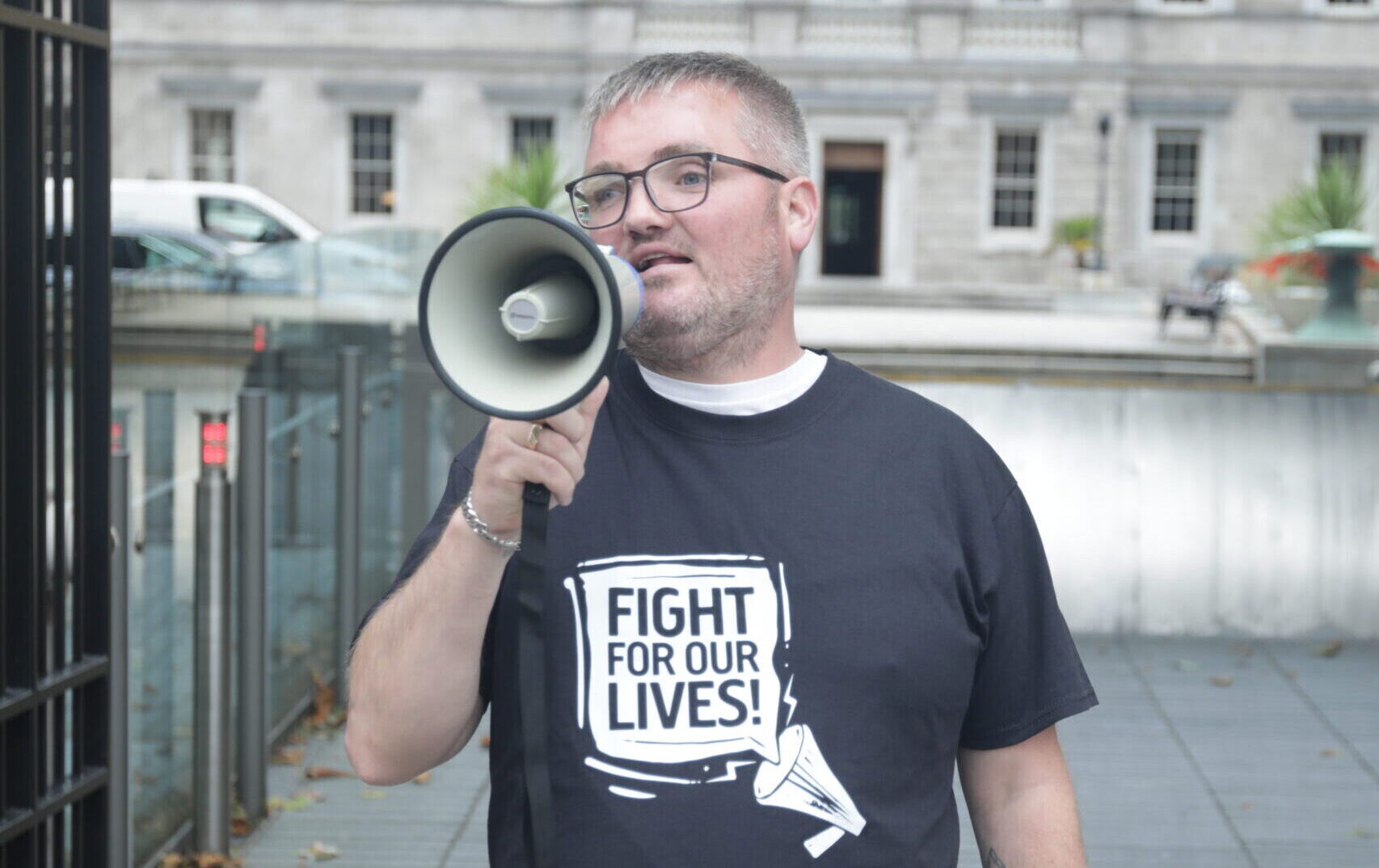
In this campaign, we are asking election candidates to commit in the Programme for Government to fully delivery on the Neuro-rehabilitation Framework 2019-2021.
We are asking candidates to fight for the lives of brain injury survivors by:
- Raising awareness of the rehabilitation needs of people with a brain injury and their families in the Dáil.
- Advocating to prioritise funding for long term rehabilitation services for people with brain injury, to address the massive gaps and postcode lottery for services.
- Making Acquired Brain Injury Ireland financially sustainable, so that it can continue to deliver in the community.
Brain injury survivors, their families and friends have been relaying these messages to their local candidates and sharing their lived experiences in the lead up to November 29th. They have spoken of the challenges they’ve faced navigating sizeable gaps in the rehabilitation pathway, the postcode lottery for services and the absence of information about how to adjust to life after acquired brain injury.
The absence of services for people with brain injury and other neurological conditions, like dementia, is appalling. It’s a postcode lottery. It depends on where you live.
— Lorraine Duffy, researcher, advocate, brain injury survivor
“Acquired brain injury is a lifelong journey”, continued Lorraine. “You can maintain where you are, but that part of your brain isn’t going to heal. That’s the way it is forever. So, rehabilitation helps you and educates you about how to live your best life. And you need that support throughout your life.”
Phil Quinlan survived a traumatic brain injury at the age of 15. Describing his experience and the experience of his family he said:
“After playing in an Under 16 friendly football match I clashed heads. I spent 10 days in a coma, given a 25% chance of living, before regaining full consciousness six weeks later. My right side was paralysed, I couldn’t walk, talk nor eat. I was like a toddler in a teenager’s body. I was 15.
Both my parents had to take over my rehabilitation. I was saved by the neurosurgeons and then left to my own devices. I could have achieved so much more had the system kept me and supported me. Information is also, unfortunately, still very thin on the ground. It’s hard to know where to go after one leaves hospital.”
After the devastation of a brain injury, when families have their loved one back home, they’re emotionally so relieved and simply exhausted that often they simply don’t have the energy to seek help. For these people – is a nursing home really the best option?
— Phil Quinlan, writer and brain injury survivor
How can you get involved in the ‘Fight for our Lives’?
- Download our campaign postcard here and share with election candidates in your area
- Download a template letter and send or email it to candidates campaigning for election in your constituency
- Share our message on your social media
- Share your story with us to raise awareness
- Visit our campaign page to learn more
Find out more about the Fight for our Lives campaign
Find out more about our campaign and how you can support it below.
Continue Reading
Job opportunity: Director of Fundraising
Read moreCommitment to Development of Neurorehabilitation Services among Agreed Programme For Development Initiatives
We were pleased to see a commitment to the development of neurorehabilitation services included in the new Programme for #Government, which was approved this week. The programme references the implementation of community based neurorehabilitation in all areas of Ireland, among other initiatives.
Read moreChristmas gift comes early for members of Wexford Clubhouse
A Christmas gift came early for staff and members of the Acquired Brain Injury Ireland Clubhouse in Wexford which will make a significant impact in the year ahead.
Read more
